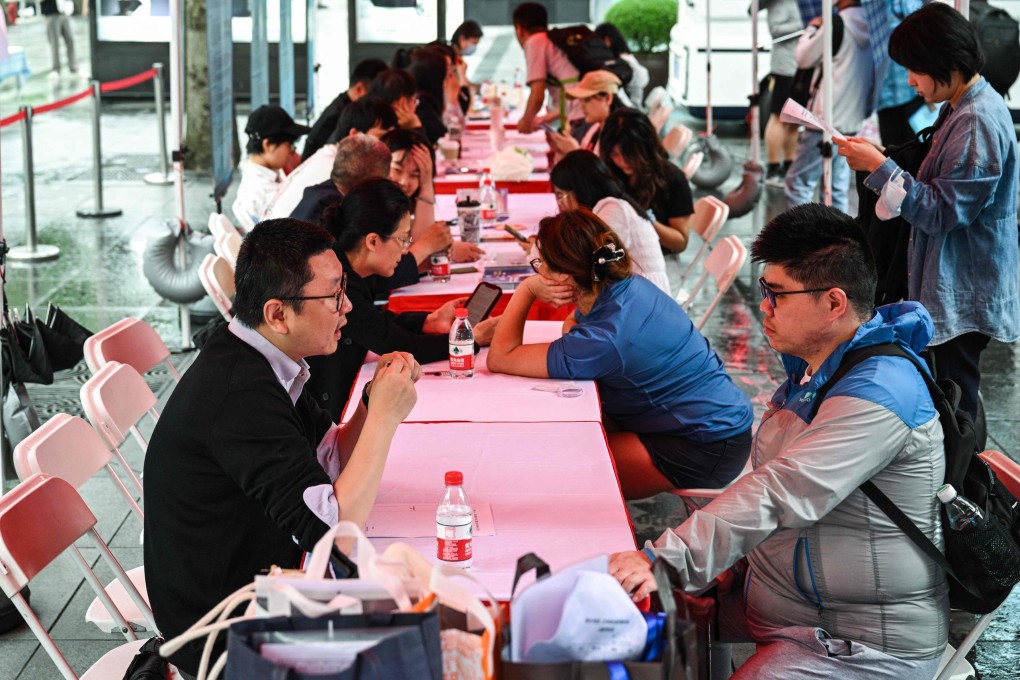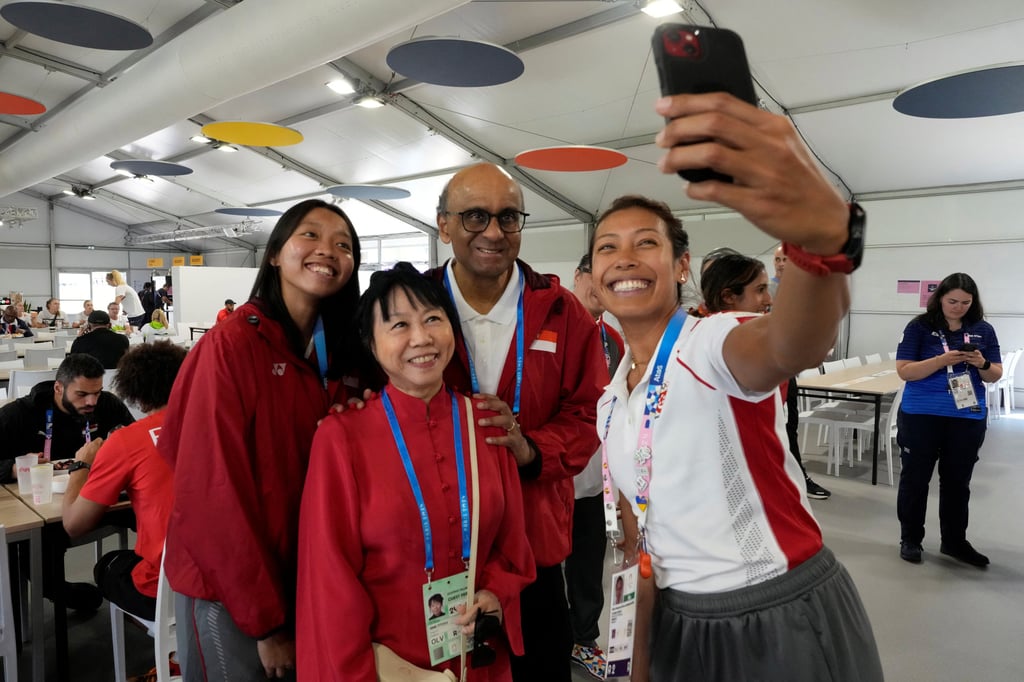Advertisement
Macroscope | Why World Bank action on looming jobs crisis points to a better way
- At a time when some are intent on promoting division, maybe our only hope for progress is forward-looking multilateral institutions
Reading Time:3 minutes
Why you can trust SCMP
0

There is crisis all around us, it seems. There are wars in the Middle East and Ukraine, as well as potential conflict in the South China Sea and East China Sea, on top of climate change, geoeconomic tensions and more. So why is it good news that the World Bank has added a looming jobs crisis to this increasingly long list of worries?
It is because it shows an ability and willingness to think ahead – 10 years ahead in this case – rather to wait for a crisis to erupt and then to react, as is all too often the case. It also suggests that public institutions are ahead of market mechanisms in this vital regard. What’s more, it suggests that nations of the Global South are willing to take the lead in anticipating the advent of future crises and devising pre-emptive strategies to deal with them.
The World Bank Group, under its Indian-born American president Ajay Banga, announced on August 12 the launch of a High-Level Advisory Council on Jobs. The council is part of a new initiative to “identify actionable policies and programmes to address the looming jobs crisis in the Global South”.
During the next 10 years, the bank suggests, an unprecedented 1.2 billion young people in the Global South will become working-age adults. Meanwhile, the job market is only expected to create 420 million jobs, leaving nearly 800 million young people without obvious employment opportunities and a clear path to prosperity.
The council will be headed by Singapore President Tharman Shanmugaratnam and co-chaired by former Chilean president Michelle Bachelet. It will include experts from government, business, civil society and academia “to offer thought leadership and actionable strategies for creating large-scale employment opportunities”.

What this means is that strategies developed within the World Bank Group will be examined with a view to trying them out in countries to test real world applications. Those proving successful will be scaled up in the future to effectively address the jobs challenge.
Advertisement
